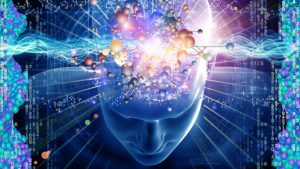While Unknowns Remain, Non-Surgical Brain Stimulation Shows Promise

The non-surgical treatment involves holding an electromagnet on the surface of a person’s scalp over a region of the brain called the frontal cortex to produce a change in brain activity. For depression, people come in every day, five days a week, for multiple consecutive weeks to receive the treatment, which can lead to a lasting improvement, Fox says. “There’s now been multiple large clinical trials showing that TMS does appear to be effective for depression above and beyond just a placebo effect,” he says of the treatment that’s approved only for people who have failed to respond to medication to treat depression. Up to 20 percent of patients who undergo TMS experience mild headaches that typically go away shortly after treatment; the most severe side effect is seizure, Fox says, though it’s rare, occurring in less than 1 in every 1,000 patients.
Beyond depression, there’s been many studies looking at noninvasive brain stimulation as a possible treatment for a range of psychiatric and neurological disorders like Parkinson’s disease. For example: “There’s some evidence that you can improve Parkinson’s symptoms,” Fox says, such as reducing stiffness, slowness of movement and difficulties walking, with noninvasive brain stimulation.





Leave A Reply